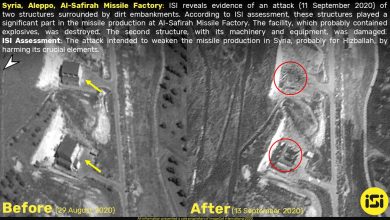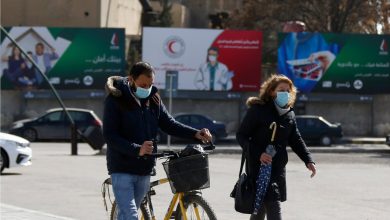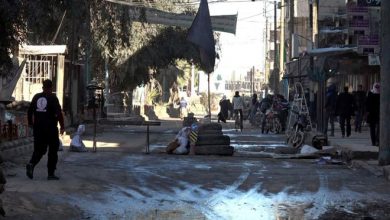Hezbollah doubled its precision-guided missiles in a year, says leader

(Monitor)
Hassan Nasrallah, head of the Iran-backed group, tells Beirut-based Al-Mayadeen TV the terror organization has the capability to strike anywhere in Israel; vows to avenge killing of a Hezbollah fighter in Syria earlier this year
The leader of Lebanon’s Hezbollah said Sunday his group now has twice as many precision-guided missiles as it had a year ago, saying Israel’s efforts to prevent it from acquiring them has failed.
Hassan Nasrallah, in an end-of-year interview with the Beirut-based Arabic Al-Mayadeen TV, said his group has the capability to strike anywhere in Israel and Palestinian territories.
Nasrallah said that when Israel threatened through a U.S. official to target a Hezbollah facility in the eastern Bekaa region, his group warned it would retaliate to any such attack.
Israel has in recent months expressed concern that Hezbollah is trying to establish production facilities to make precision guided missiles.
During the four-hour interview, Nasrallah said there are many matters related to his group that Israel has no knowledge of because those are kept in a “very tight circle.”
Nasrallah also said that the last few weeks of the administration of U.S. President Donald Trump are critical and must be treated with care. He called Trump “angry” and “crazy.”
Hezbollah is one of Iran’s main allies in the region and is a sworn enemy of Israel, with which it has had a series of confrontations, lastly in 2006.
Nasrallah repeated vows that Iran and its allies will avenge the U.S. killing of the commander of the elite Iranian Revolutionary Guard, Qassim Soleimani, in a drone attack a year ago in Iraq.
“That revenge is coming no matter how long it takes,” he told Al-Mayadeen TV, sitting with a picture of Soleimani to his left.
Nasrallah also vowed to avenge Israel’s killing of a Hezbollah fighter in Syria earlier this year.
Addressing the incoming U.S. administration of President Joe Biden, Nasrallah said Iran would not negotiate with the U.S. on behalf of its allies or discuss conflicts in the region. He said Tehran would talk with Washington only about the Iranian nuclear deal.





